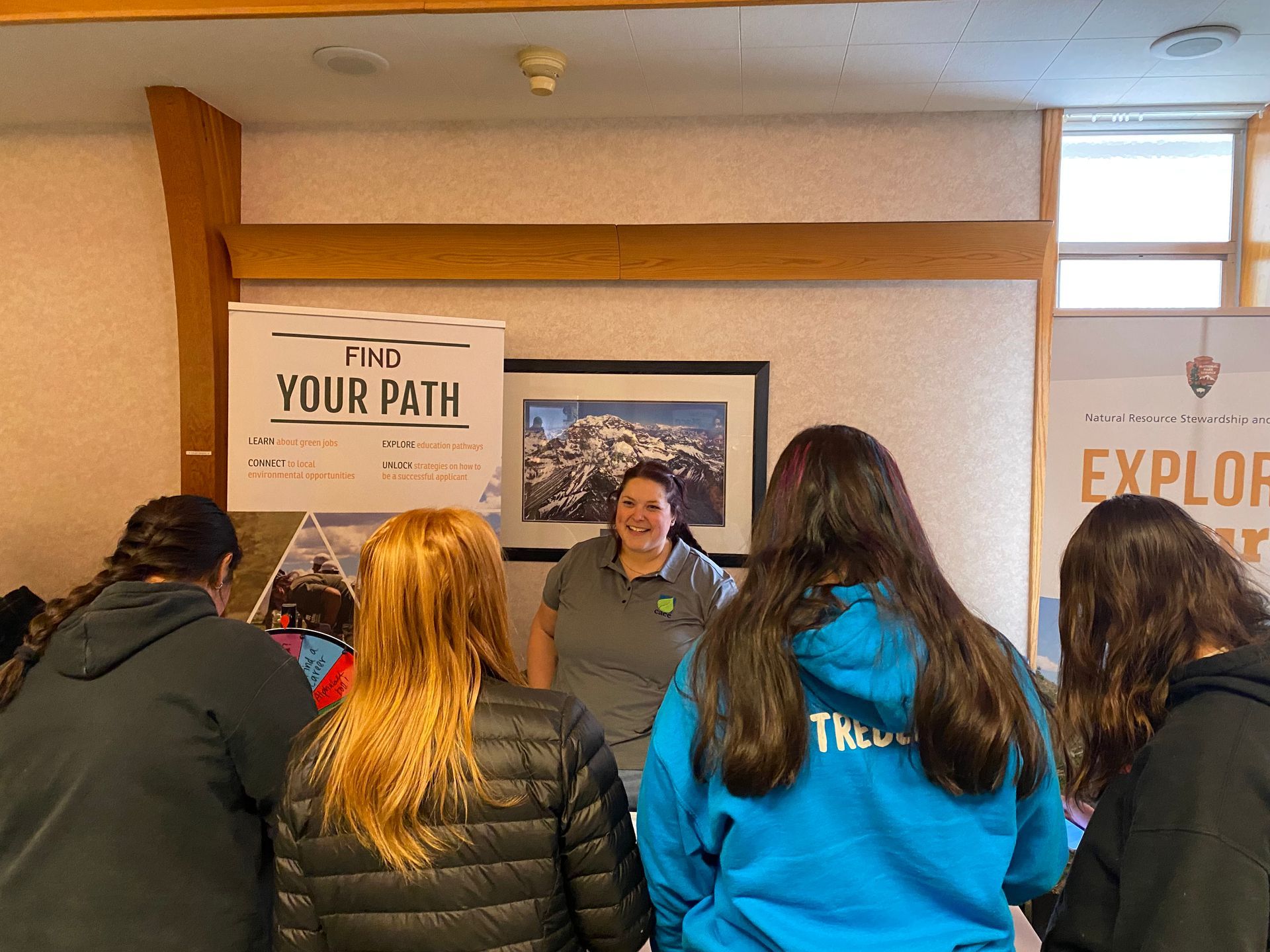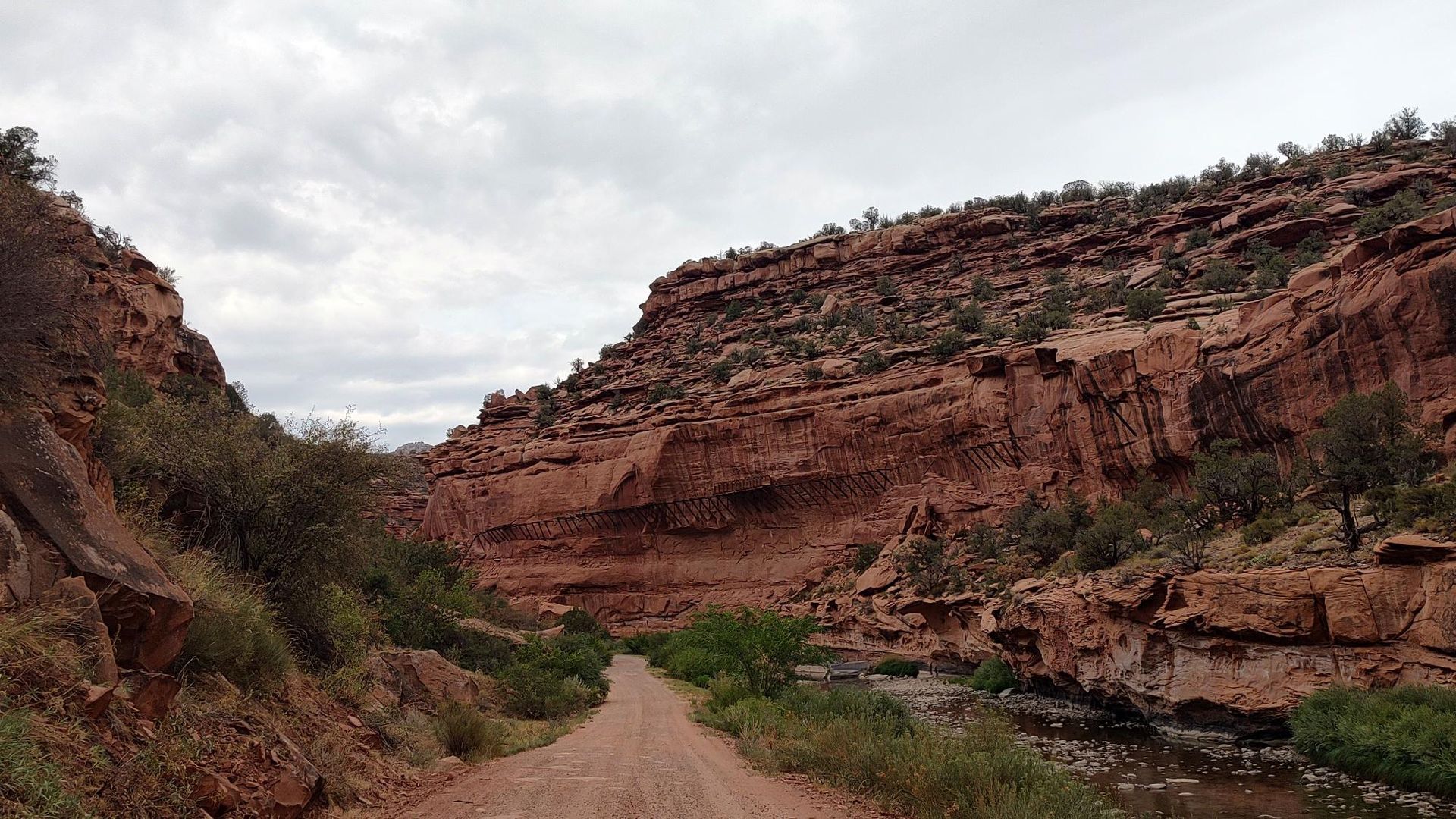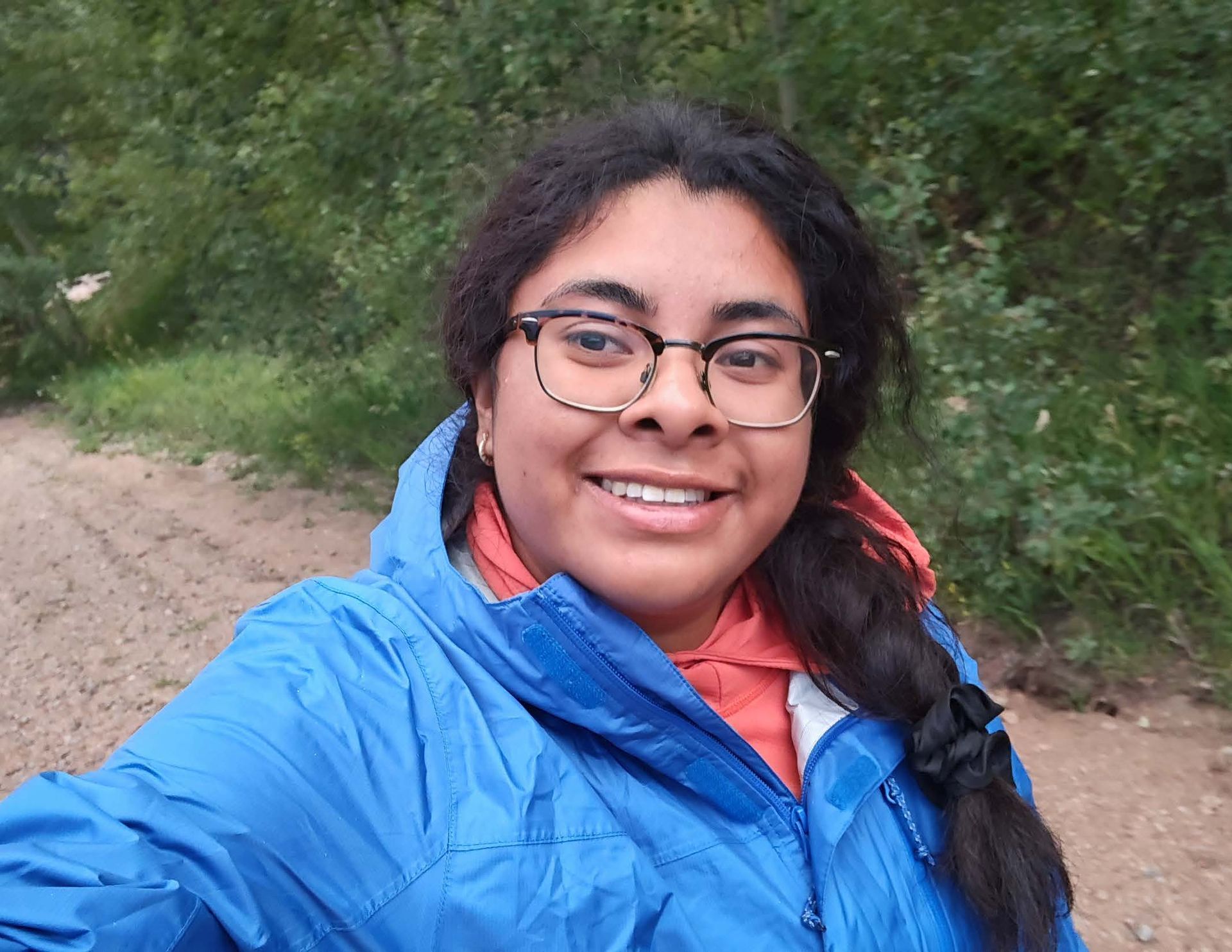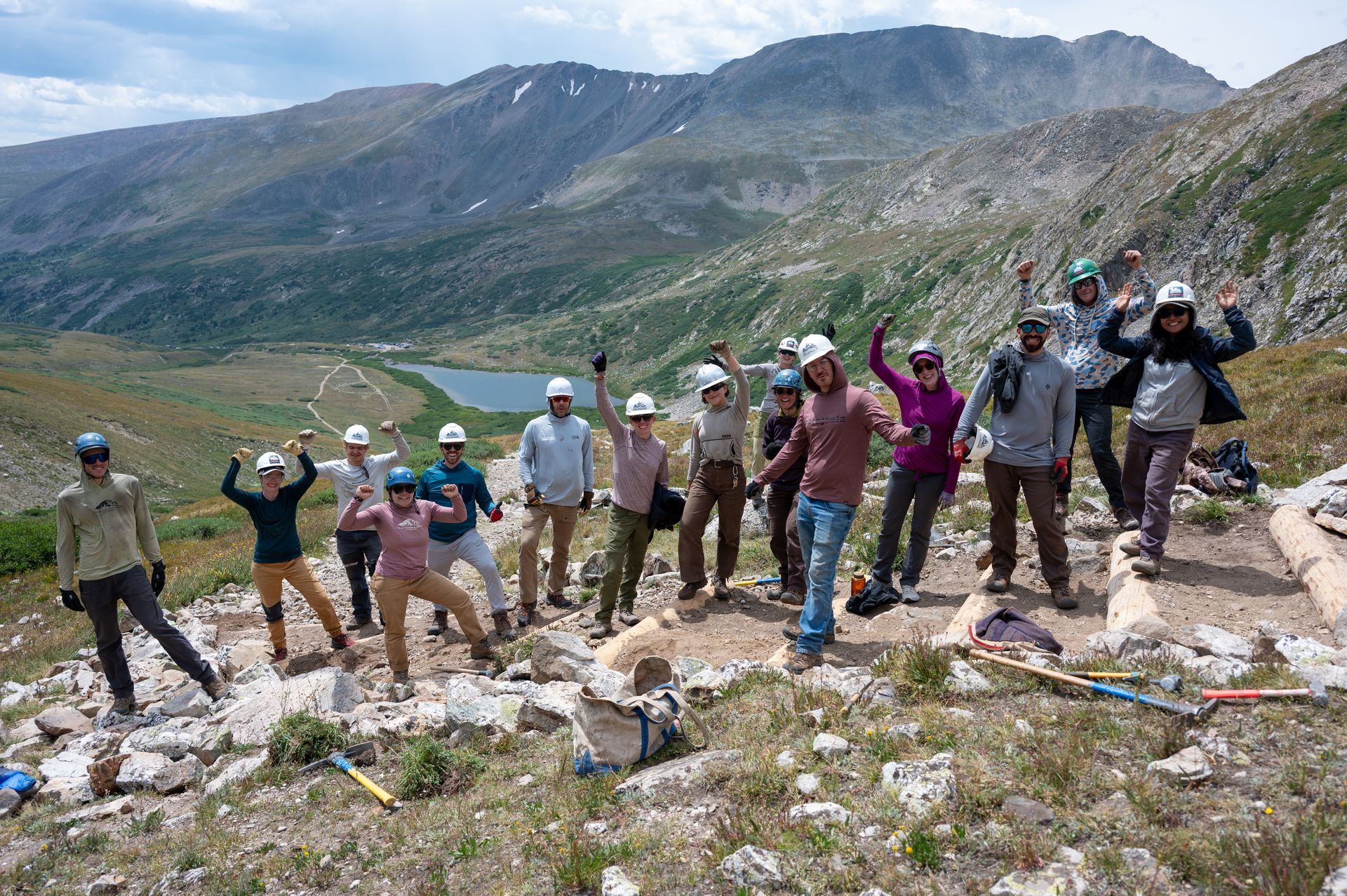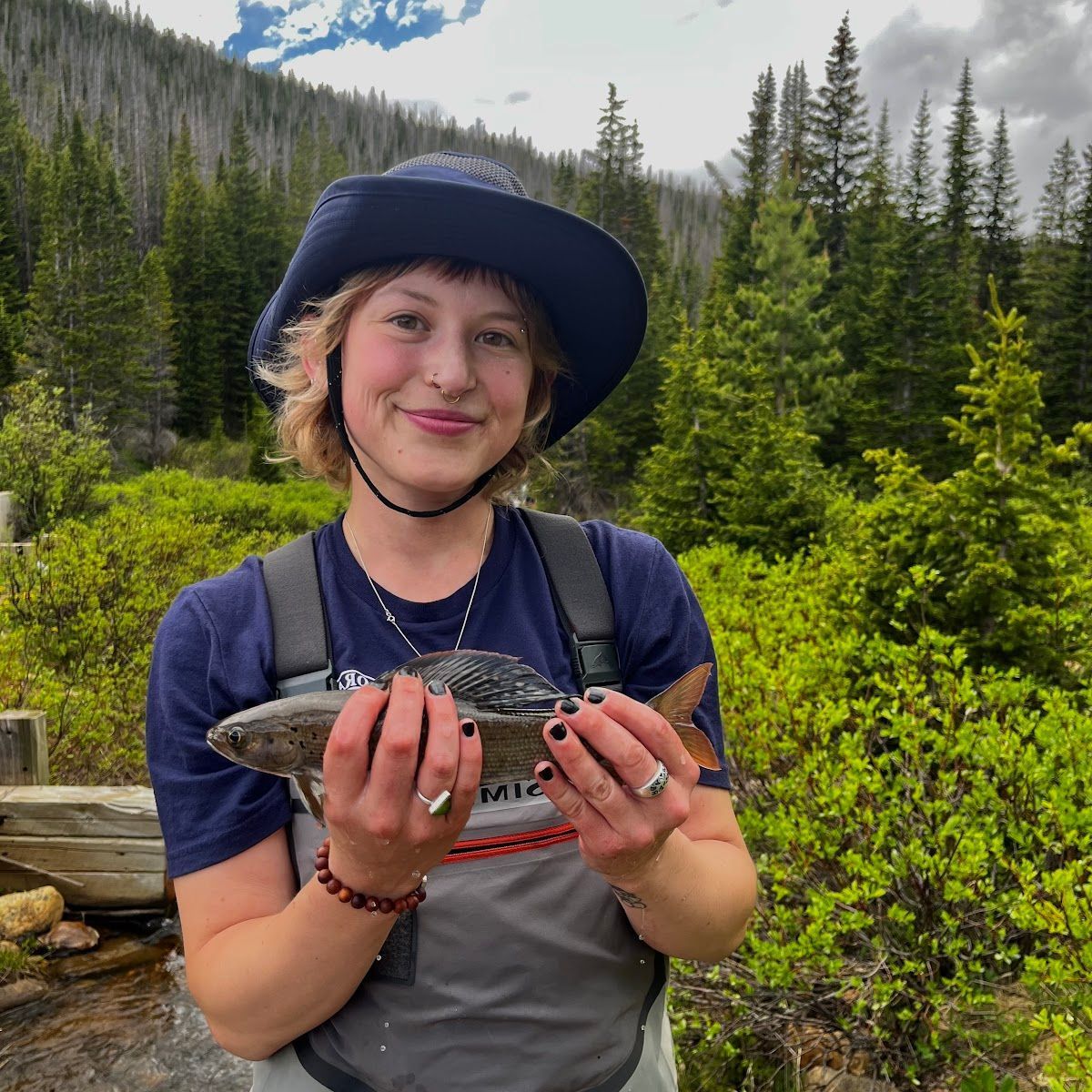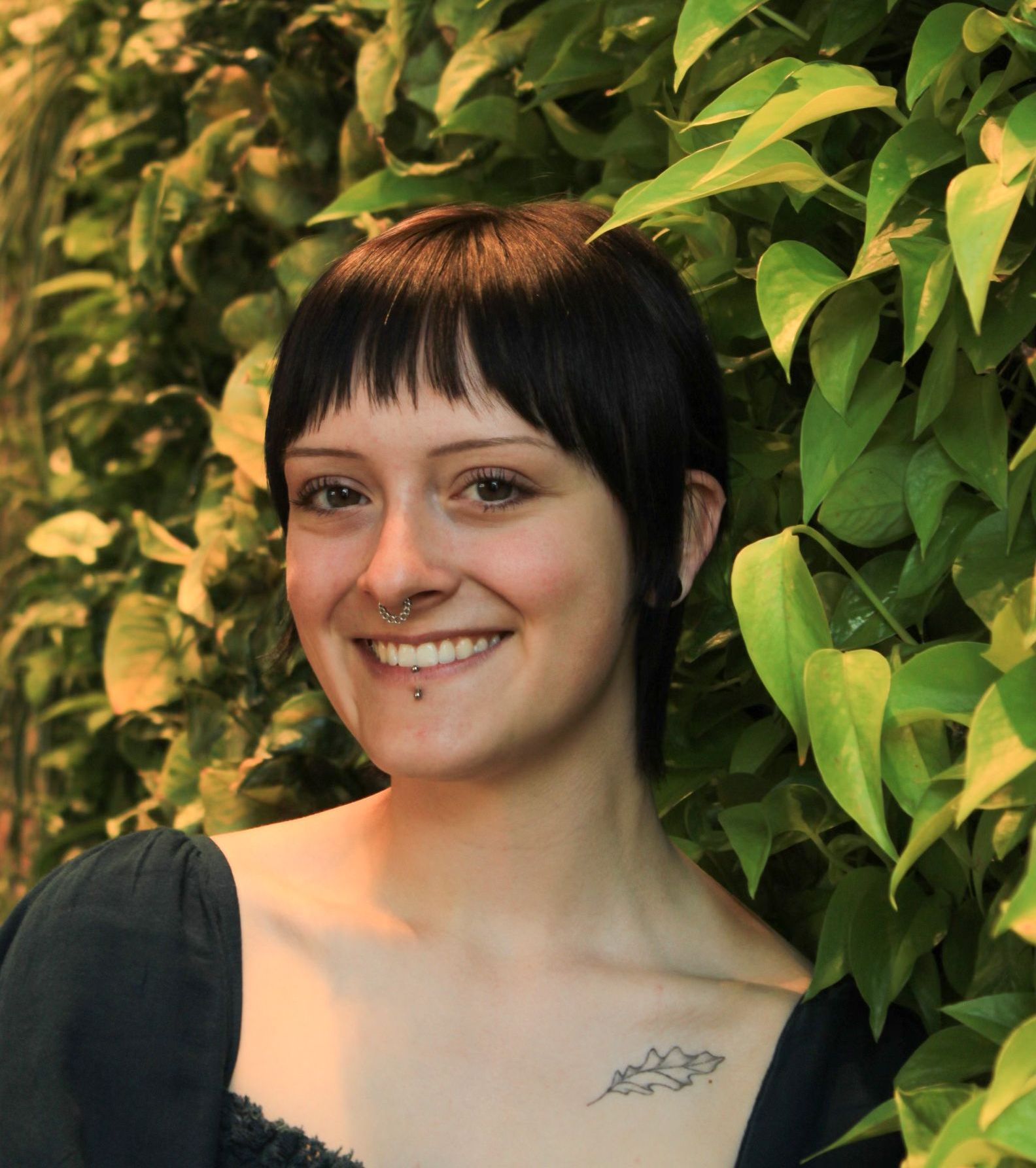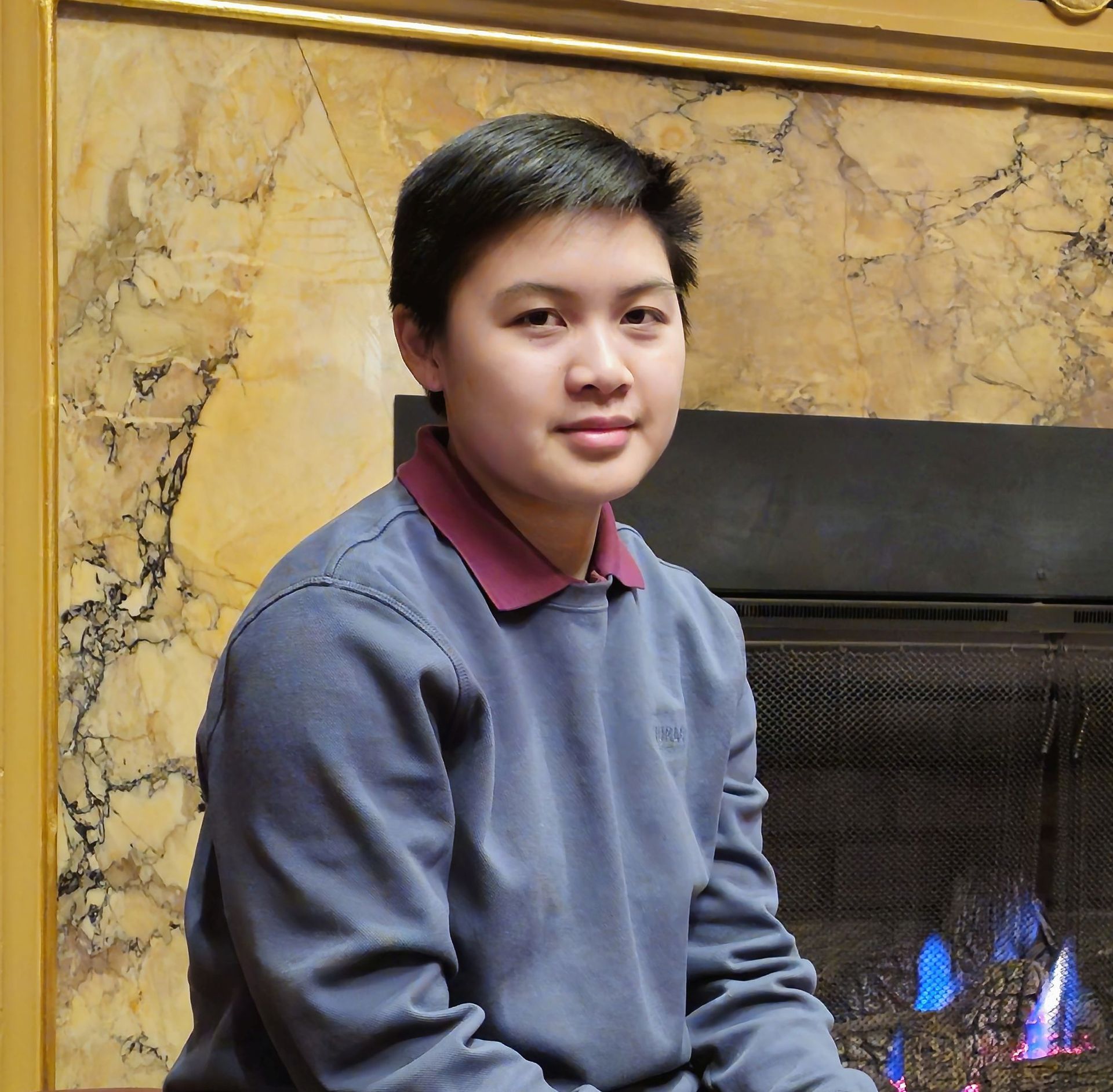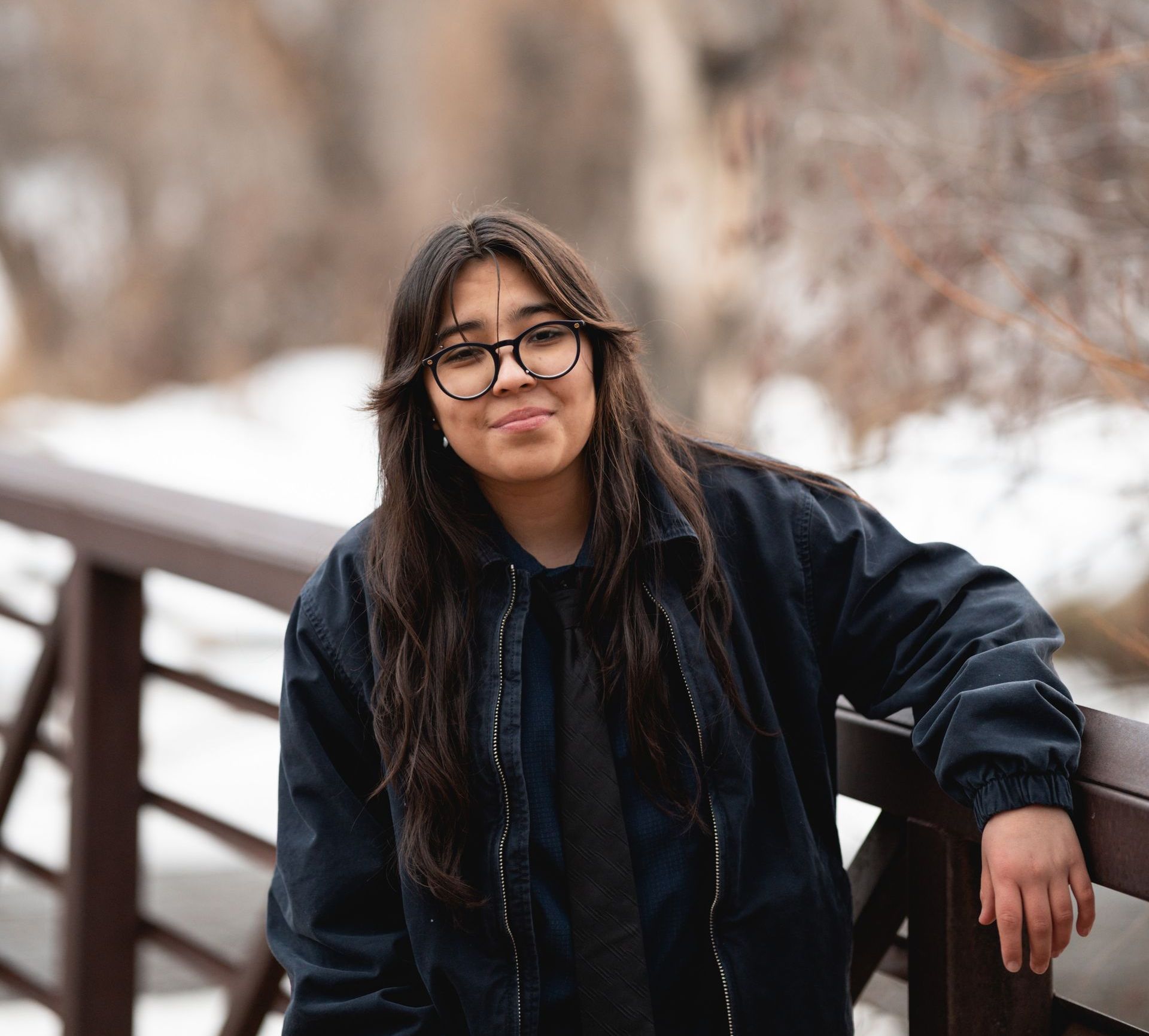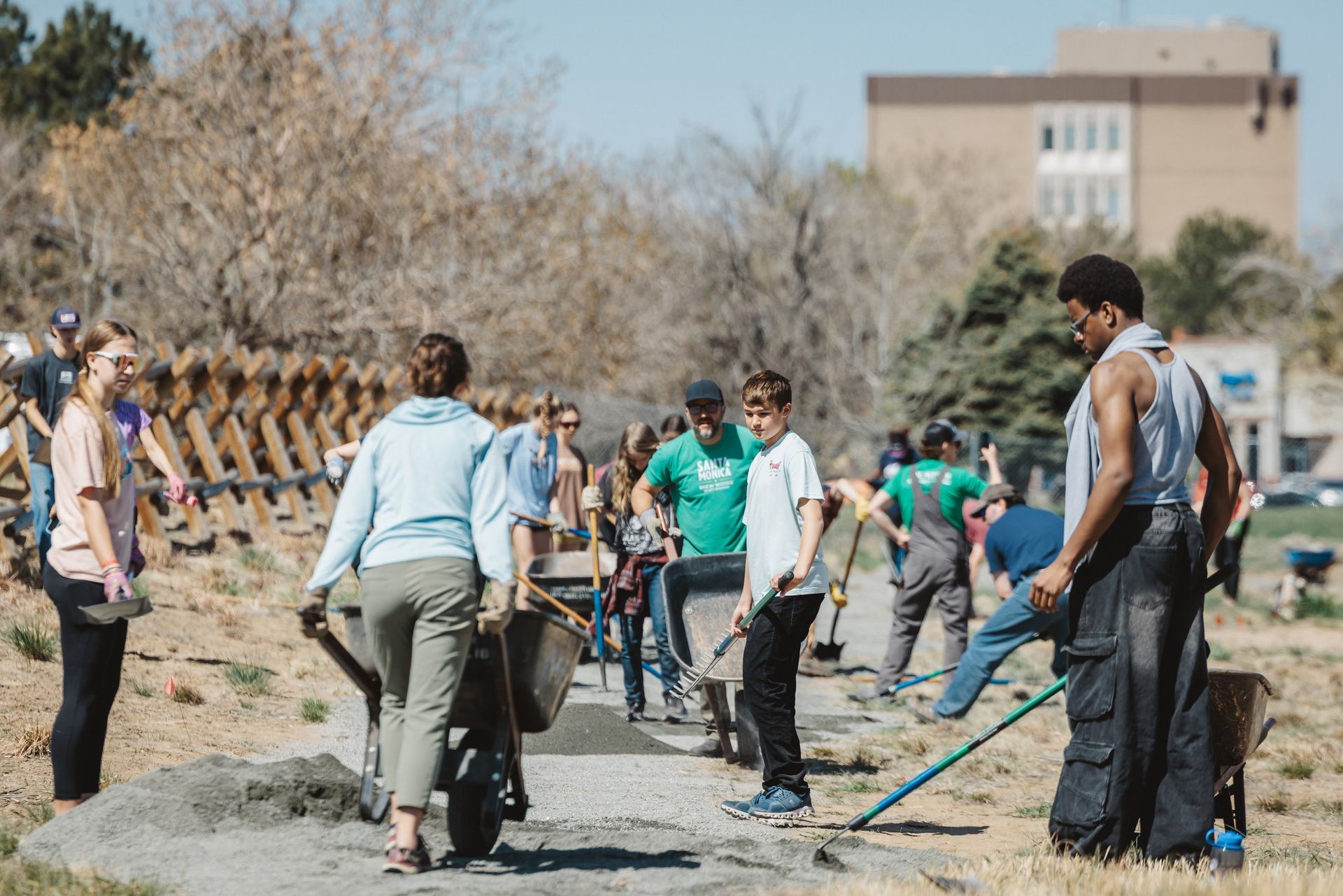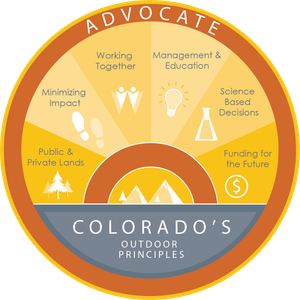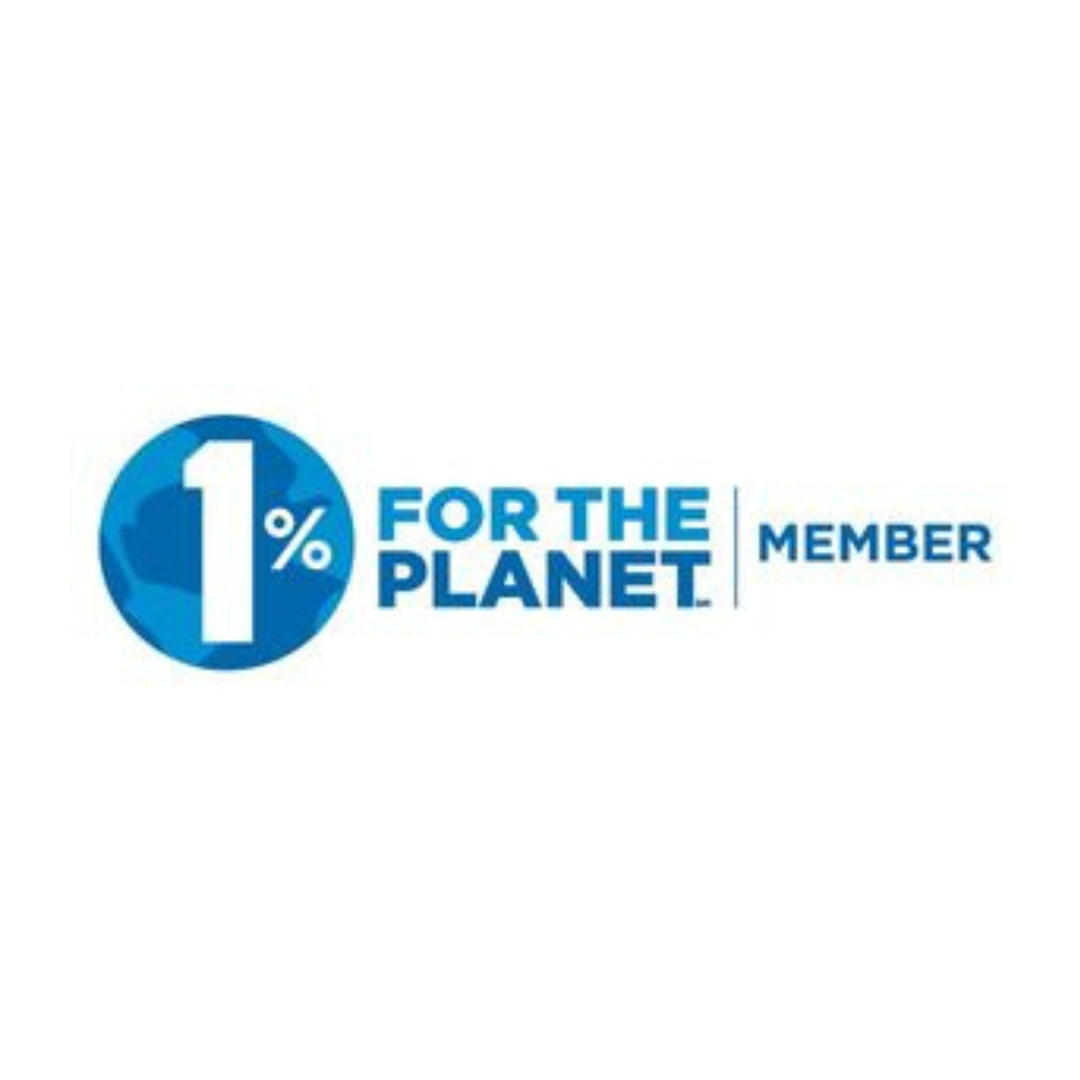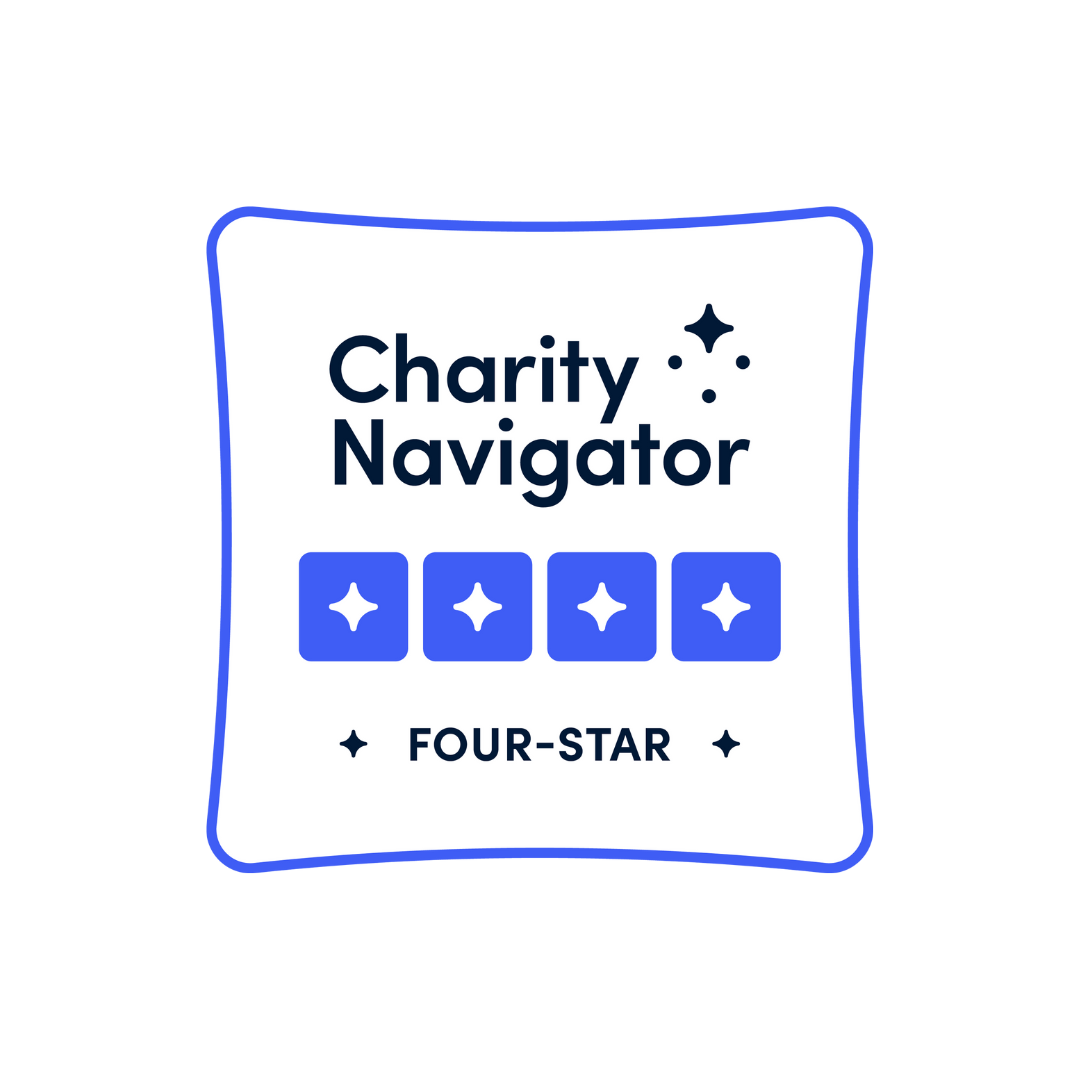Board Member Jim Bedwell: We can prevent forest fires
Alex Schupp • September 10, 2018
Board Member Jim Bedwell: We can prevent forest fires
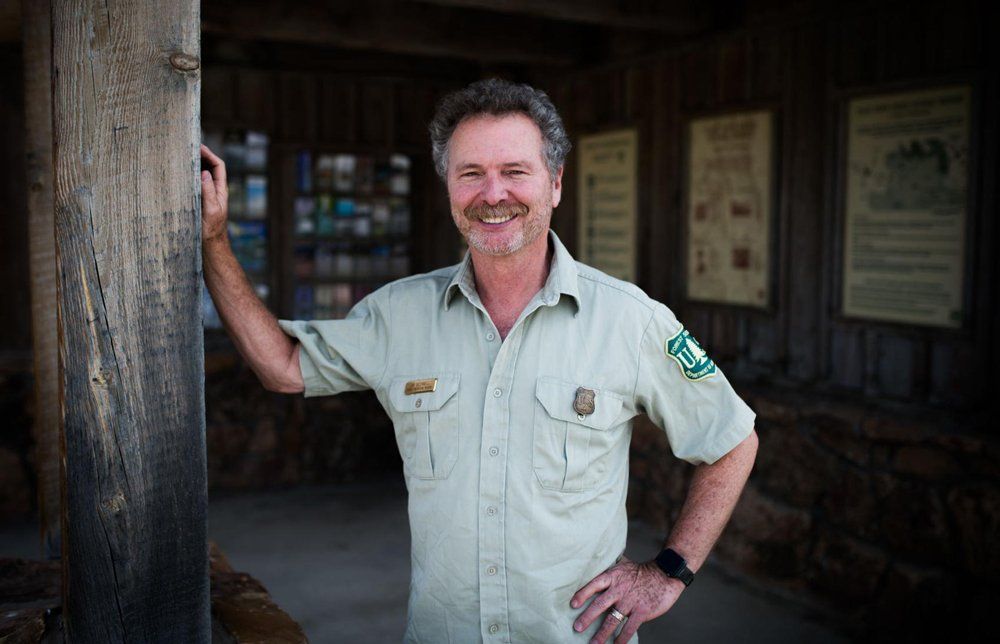
Jim Bedwell is former director of Recreation, Heritage, and Volunteer Resources for the U.S. Forest Service and serves on the Board of Directors for Volunteers for Outdoor Colorado (VOC).
Original article from The Gazette, September 9, 2018. Photo by Gabriel Scarlett/The Denver Post.
The fires burning our beloved state and beyond are on everyone’s mind. Since June 1, The Gazette has published more than 50 articles about multiple wildfires — some now contained, some still blazing through once-beautiful landscapes and threatening homes, schools, and businesses. Some articles have suggested that little can be done to reduce the reach and effects of wildfires. I strenuously disagree, and I urge all Coloradans to do their part.
We’ve seen the human and economic devastation as livelihoods are destroyed and tourism dollars drop, from countless July Fourth fireworks being canceled and smoke blurring our beautiful scenery, to the temporary closures of Silverton’s Narrow Gauge Railroad and the San Juan National Forest, valued not only for its recreation income but also for its intrinsic value as part of Colorado’s outdoor-loving identity.
We’ve also seen the state come together: donating goods, offering shelter, and caring for firefighters — many of whom are volunteers.
But when the blazes are contained and the headlines fade, we cannot grow complacent. The problems caused by fire persist long after the flames recede, their scars visible on the blackened and barren land, now increasingly vulnerable to floods and mudslides.
In working with the U.S. Forest Service for over 35 years, I’ve seen wildfires grow worse year after year — along with the funds and resources to tackle them: more than 50 percent of the Forest Service’s budget has been used for wildlife suppression in the past few years, compared with only 14 percent two decades ago. Congress acted to address the suppression funding costs in the FY 2018 Omnibus funding bill and provide additional authorities to treat vegetation to reduce wildfire risk, but this alone will not reduce the effects of wildfire we have seen over the past two decades.
These issues will only worsen if we do not continue to act. Communities and homeowners must continue to work on defensible space around their homes and businesses, and support restoration efforts in forests, watersheds, and along utility corridors. Volunteers have always been important in managing the 14.5 million acres of National Forests and Grasslands in Colorado, but now they are indispensable. Prevention, mitigation, and restoration must be a year-round effort — and it must involve all Coloradans.
Nonprofit groups like Volunteers for Outdoor Colorado have demonstrated the efficacy of everyday people in fire/flood restoration and mitigation: in 2011, more than 500 volunteers seeded 240 acres of land after the Fourmile Canyon fire to prevent erosion and invasive weeds; in 2012 and 2013, they worked with the community-led High Park Restoration Coalition to train dozens of volunteers in fire restoration techniques and recruited hundreds to restore burn areas from the High Park and Waldo Canyon fires; and in 2014, 35 percent of Volunteers for Outdoor Colorado’s volunteer projects were devoted to recovery efforts, contributing over $1 million in donated labor on the Front Range alone.
These recovery efforts involve thousands of individuals and dozens of local partnerships — and many continue to this day, years after the initial disaster.
Volunteers for Outdoor Colorado has utilized over 100 volunteers this year to thin nearly 60 acres of forest to improve the area’s resiliency and remove dead trees that would fuel fires.
So ask yourself “What am I doing to help?”. If we wish to see fewer fires — or at least less severe fires — in the coming years, we need the state to work together and take a long-term, hands-on approach to forest restoration and prevention.
With everyone involved, we can prevent future loss of life and preserve the lands that sustain our state’s culture, quality of life, and economy — ultimately protecting the Colorado we all love.
Recent Posts
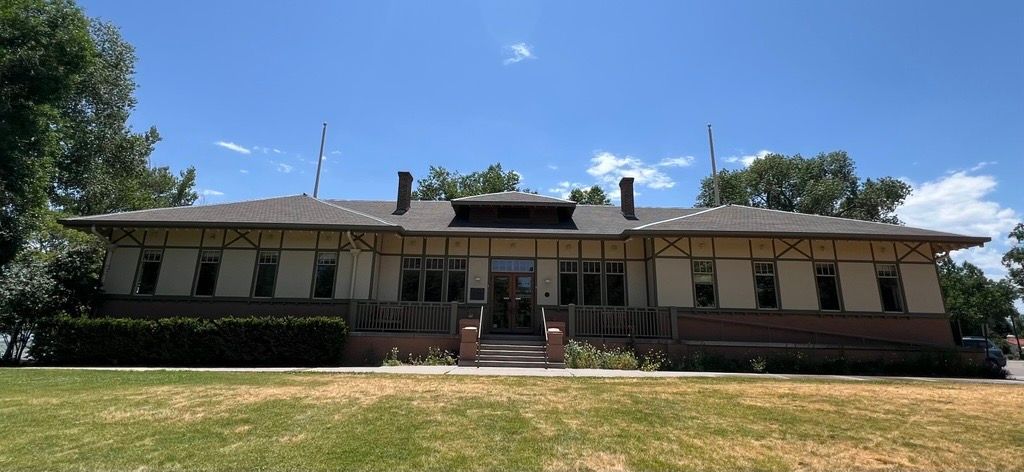
By Alex Schupp
•
June 26, 2025
After three meaningful decades, Volunteers for Outdoor Colorado (VOC) will be saying goodbye to our longtime home at the Dos Chappell Bathhouse in Denver's beloved Washington Park. In the early 1990s, VOC signed a 30-year lease with the City of Denver to transform the historic bathhouse in Washington Park into a headquarters that could support our growing mission. With generous support from our community, we launched a capital campaign and raised $700,000 to complete the initial renovations, which were finalized in 1996. Altogether, including the original renovations, VOC has invested more than $1 million in improvements and ongoing maintenance, creating a space that is enjoyed by our staff, volunteers, and the broader Washington Park community. In 2000, the building was renamed in honor of Dos Chappell, VOC’s former Executive Director (1988–1999), whose vision and leadership left a lasting legacy on our organization and Colorado’s outdoor stewardship movement. This space has been more than just an office—it’s been a gathering place, a launchpad for thousands of volunteers, and a visible symbol of our commitment to caring for Colorado.
